Novak Djokovic court documents reveal tennis star was Covid positive as photos spark debate
Photos of Novak Djokovic at a public event have raised serious questions about his behaviour after testing positive to Covid-19.
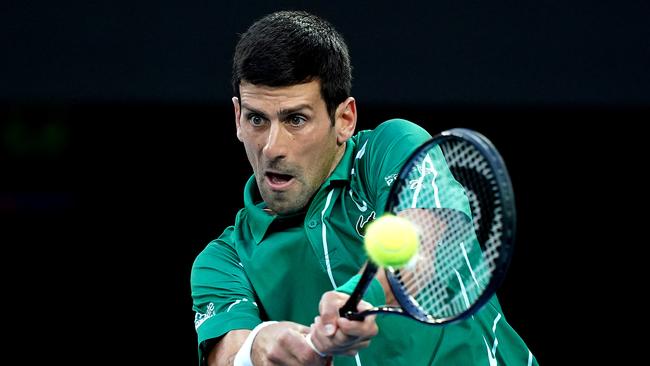
Tennis
Don't miss out on the headlines from Tennis. Followed categories will be added to My News.
Novak Djokovic claims he was told by Australia’s Department of Home Affairs that he had met the requirements for quarantine-free entry as an unvaccinated traveller, explosive court documents have revealed.
In the submission presented to the Court late on Saturday, it revealed Djokovic tested positive to Covid on December 16 via a PCR test at the Institute of Public Health of Serbia. However, in photos posted on his own Instagram account on December 17, Djokovic attended a Serbia Post ceremony where he shook hands and walked mask-free with guests upon presentation of a postage stamp in his honour.
It is unclear if Djokovic had received his positive diagnosis at the time of the photos, or if he was still awaiting his results, however the fact he is freely socialising with the public having known he’d taken a PCR test is further proof of his disregard for the seriousness of the virus or the impact it could have on other peoples’ health.
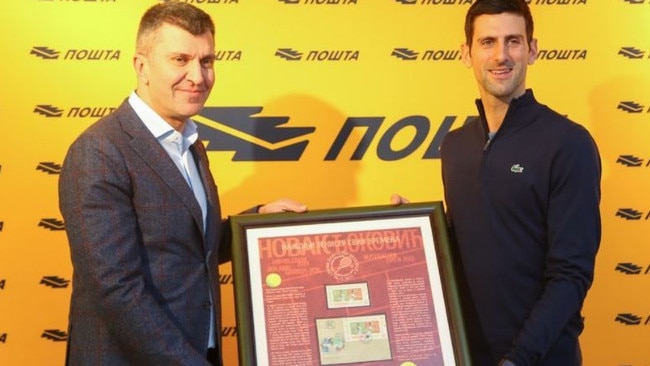
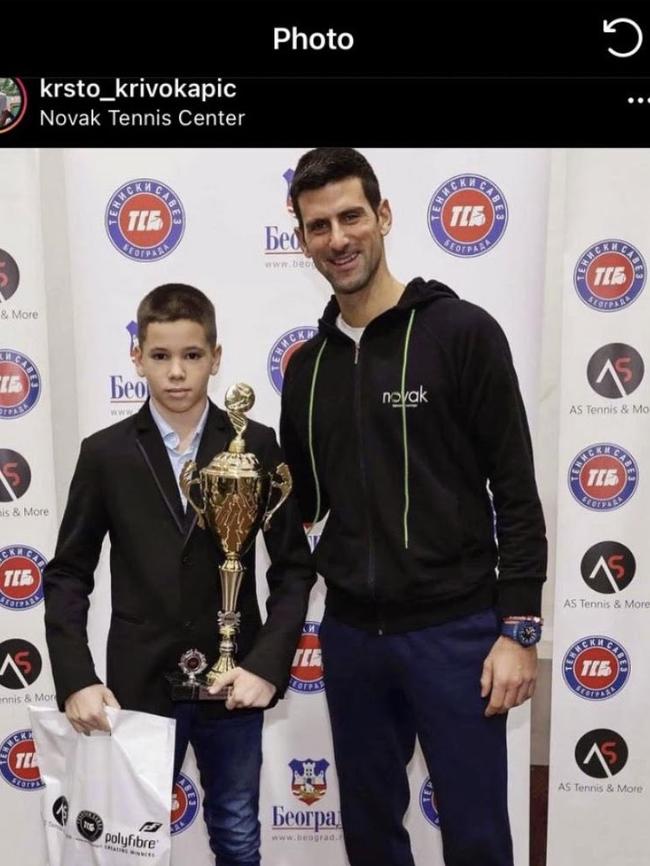
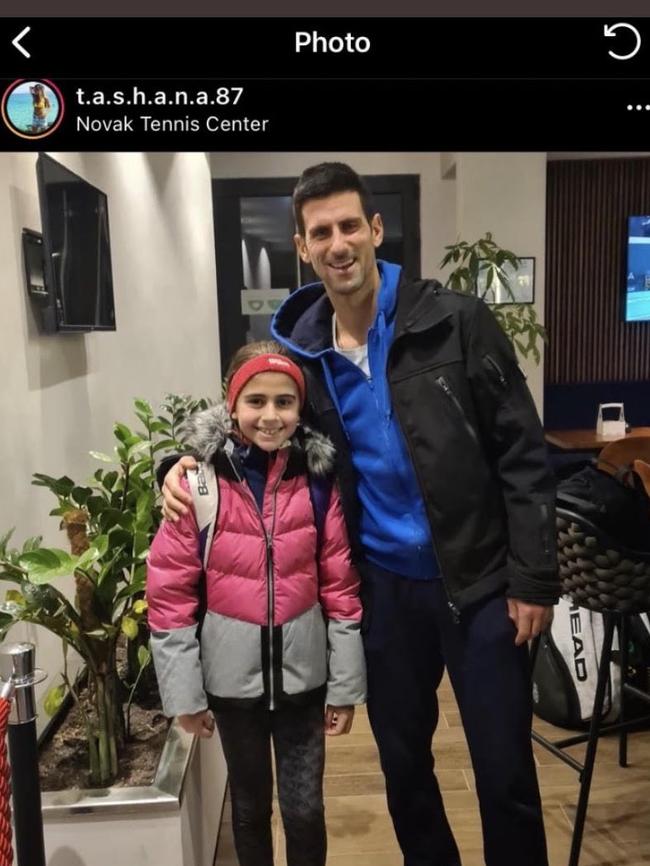

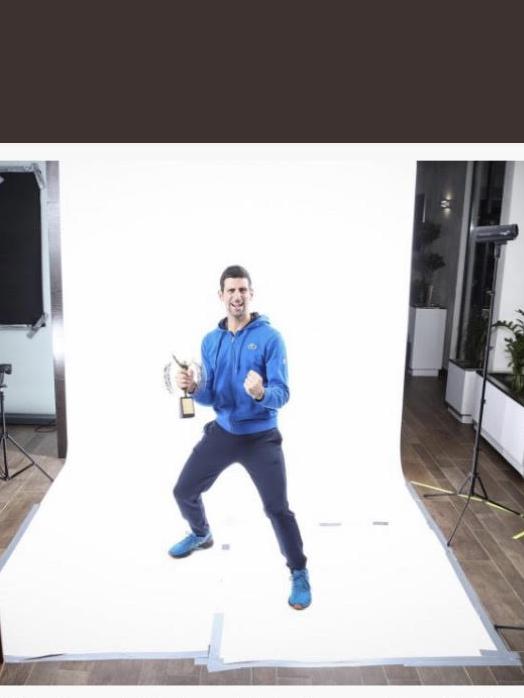
The documents, submitted by Djokovic’s Australian legal team and publicly released on Saturday evening ahead of his court challenge on Monday, claim he received the correspondence on January 1.
That letter stated the world number one’s Australia Travel Declaration had been assessed and that his responses “indicated that he met the requirements for a quarantine-free arrival in Australia”.
Djokovic was officially granted a visa to enter Australia on November 18, and later received an exemption to formally defend his Australian Open title.
The court documents have also confirmed that the Serbian superstar was granted a medical exemption because he was infected with Covid on December 16, which was confirmed by a PCR test.
It is the second time Djokovic has contracted the virus having tested positive after the ill-fated Adria Tour in 2020.
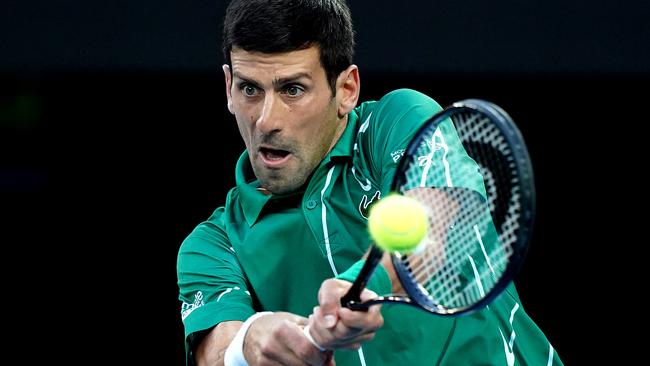
The “exemption certificate” also recorded that the conditions of the exemption were “consistent with the recommendations of the Australian Technical Advisory Group on Immunisation”.
Djokovic, who was held at Melbourne Airport for almost 12 hours on Thursday morning, was told by authorities that Covid-19 was not considered a medical contraindication for vaccination in Australia.
“I said that that’s not true,” Djokovic said, according to a transcript in the documents.
“I explained that I had been recently infected with Covid in December 2021 and on this basis I was entitled to a medical exemption in accordance with Australian Government rules and guidance.”
Lawyers for Djokovic said the star expressed “shock”, “surprise” and “confusion” at the situation given that, as he understood it, he had done everything required to enter Australia.
Djokovic reportedly pleaded for the interview to be pushed back until about 8am to give him time to rest and speak with relevant advisers.
While it was initially agreed upon, he claims to have been woken up shortly after 6am and pressured to make a decision on whether to go along with the visa cancellation, before it was eventually cancelled at 7.42am.
Djokovic’s lawyers claim the process was “procedurally unfair” and “legally unreasonable”.
They also argued there was a “complete disproportion between the serious consequences of (visa) cancellation, as compared with the minuscule or non-existent risk to health he posed if permitted to enter Australia”.
WHAT HAPPENED IN INTERROGATION?
The legal documents also detail Djokovic’s night of torment in custody with Australian Border Force officers amid allegations he was pressured into accepting a notice before he could contact his legal team or Tennis Australia officials.
In a stunning timeline of Djokovic’s arrival to Melbourne on January 6, the world No.1 tennis player was subjected to questioning over a period of six hours before he was finally afforded the opportunity to sleep.
In documents lodged with the Federal Court, Djokovic’s legal team claim he was woken from his sleep by two supervisors who were pressuring him into accepting their decision to revoke his Visa before he could talk to his legal team or Tennis Australia officials.
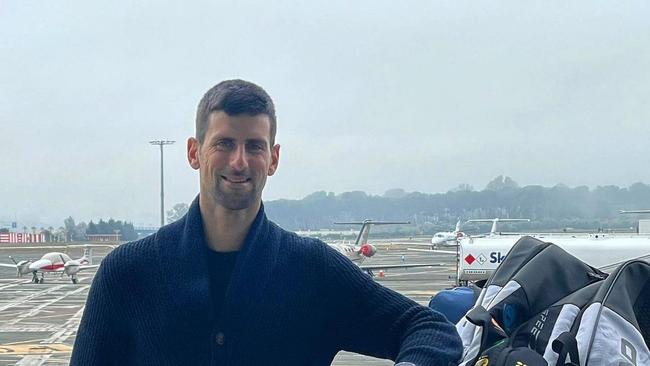
Djokovic had requested to wait until he could call someone at Tennis Australia after 8am, which officers initially agreed to, but by 7.42am he was notified of the Purported Decision.
“Over several pages of transcript the supervisor pressured Mr Djokovic to simply continue the interview immediately,” the lawyers wrote in their submission.
“Mr Djokovic, having formed the view that “[they were] going to cancel [his] visa, it’s obvious” relented, feeling he had no choice, and on the basis of an understanding based on what they had said to him that it was better for him if the interview was done right away.
“When one talks in terms of procedural fairness or natural justice, the concern of the law is to avoid practical injustice.
“Within statutory constraints, the Delegate was required to adopt a procedure that was reasonable in the circumstances to afford an opportunity to be heard to Mr Djokovic.
“If the procedure adopted so constrained Mr Djokovic’s opportunity to propound his case as to amount to practical injustice, that would amount to a denial of procedural fairness.
“In an analogous way, Mr Djokovic sought until 08:30 to rest and to speak with his advisors. The Delegate represented to Mr Djokovic that he could have that time. There was no cogent reason for the Delegate to depart from that representation—there was no prejudice to the Respondent in delay for a further few hours, Mr Djokovic’s request was reasonable and based on cogent reasons, and the consequences of a possible cancellation decision were very serious. Yet the Delegate did depart from that representation.”




